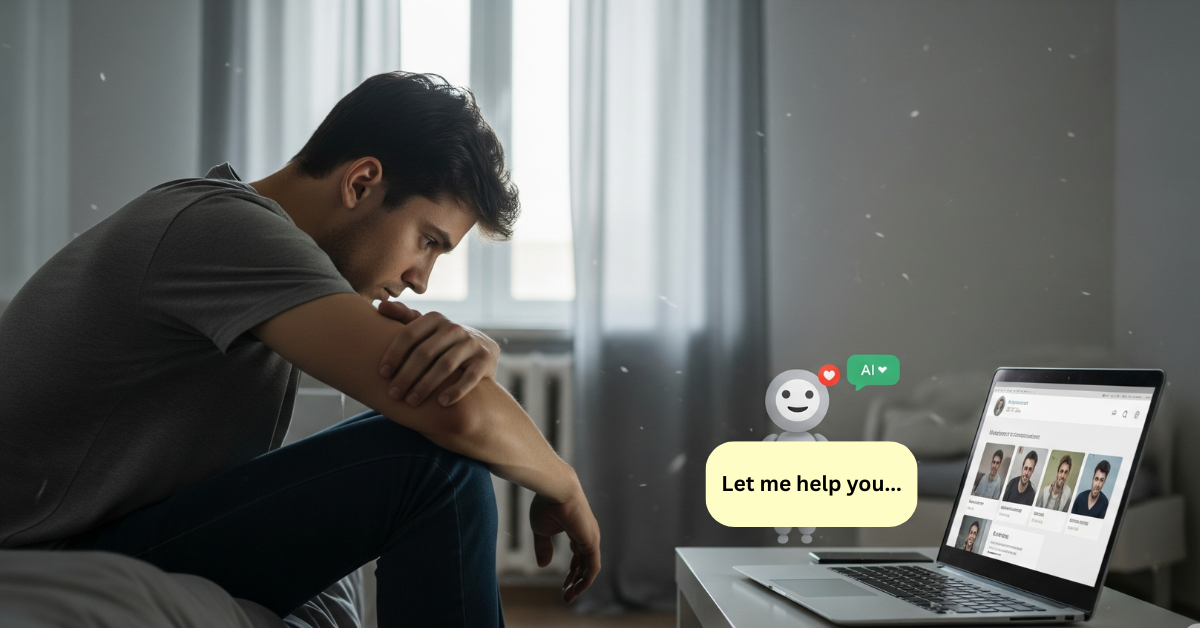A profound relational revolution is underway, not orchestrated by tech developers but driven by users themselves. Many of the 400 million weekly users of ChatGPT are seeking more than just assistance with emails or information on food safety; they are looking for emotional support.
“Therapy and companionship” have emerged as two of the most frequent applications for generative AI globally, according to the Harvard Business Review. This trend marks a significant, unplanned pivot in how people interact with technology.



They are human beings who are more frequently able to relate to people who are similar to them based on shared experiences including social pressures. I don’t think either gender is unable to relate to the other gender, but social pressure is pretty strong and leads to common outcomes that involve pressures based race, gender, and economic status among others. Someone from a wealthy family is more likely to have a certain outlook compared to someone who had food insecurity as a child.
assumptions assumptions!
your presumption is that you’d be a better therapist, not a worse one, if you have more shared experiences with the client. that’s not something current evidence supports.
empathy means we strive to understand one another, not presume we understand them based on our own experiences. THAT is how bad therapy happens. and self-disclosure is a crutch for poor rapport building skills.
without the shared experiences, there can be more drive for empath and mutual understanding. the feeling of being understood by someone outside your group can be transformative.
In truth, positive outcomes have little correlation with therapist-client demographics. the demographic differential does alter what the course of therapy might look like, but not the outcomes.
That isn’t something I said or what I meant. Have fun arguing with your strawman.
okay then… I guess you’re making this an adversarial thing. I’m not sure what you intended to mean by bringing up shared experiences if you weren’t speaking to efficacy. but i guess i get why you made it adversarial: it’s frustrating being misunderstood. happens to me too. i just got a comment like that in my inbox just like it. I tried to share insights on how empathy and diversity contributes to positive outcomes in therapy, and i got this bizarre tone deaf debate bro response instead. cant always be understood, i guess. it’s fine. if you can’t find common ground, you can at least tell people off who are trying to have a pleasant conversation with you, that’ll at least ensure fewer and fewer people interact with you
Your responses have been extremely unpleasant and argumentative.
Are you confusing my responses with sp3ctr4l?
nope, not confusing you with anyone.
and the point I’m trying to make is that you’re perceiving it as argumentative when it’s not. you finding me unpleasant is entirely your business, not mine.
just please be aware of what I’m trying to tell you about the value of demographic differences.